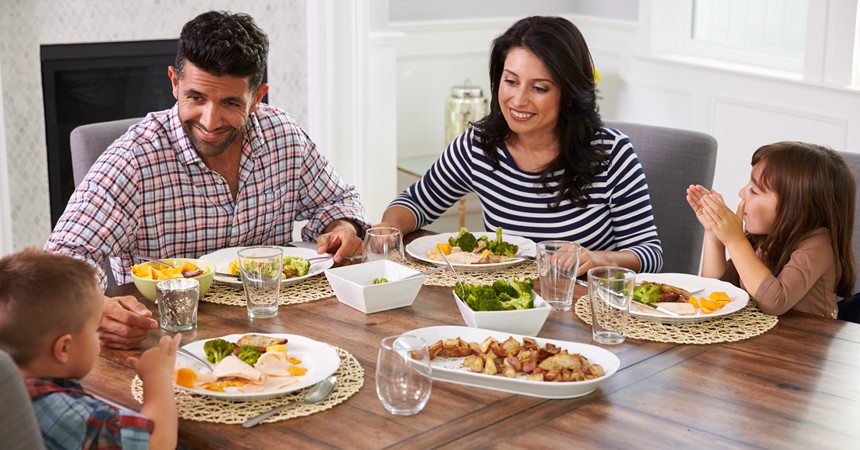It was around that same time I began my career as a marriage and relationship educator for the Diocese of Maitland- Newcastle. As I continue to do now, I would host courses and conversations for couples interested in increasing their knowledge and improving tried and tested skills to enhance relationships, helping them to love intentionally and connect better.
These courses and conversations are based on decades of research by international experts in the field of relationships including John Gottman, Director of the Gottman Institute.
Dr Gottman’s theory, the Sound Relationship House (SRH), relates to the principles of staying connected as a couple, but it can be used in all relationships, in particular families and parent-child relationships. He cites seven principles that enable the relationships to grow in friendship, trust, and commitment and that add credit to our emotional bank accounts. When we deposit in the bank account, our actions display our personal commitment to the relationship.
However, there are many daily occurrences where we make withdrawals from the emotional bank account – consciously or subconsciously – and it causes hurt, disappointment, loss of respect and often sadness in the relationship. When this occurs, we need “repair” in the form of actions that change the behaviour. Correcting the behaviour speaks louder than “sorry”.
In the first level of the SRH, Dr Gottman describes the importance of keeping connected through “friendship talk”. This reminds us to make time to sit and chat about our lives as a family, deeply and ritualistically a few times each week, to build our knowledge of each other. It should be separate from chatting about the practicalities of our to-do lists, jobs, and housekeeping.
The seventh and final level of the SRH looks at creating shared meaning as well as other rituals to create “we/us times” in the relationship. His fellow researcher Dr Bill Doherty looks at rituals and intentionality in our relationship, verses operating on autopilot, to create moments that ensure we are working on building our friendship and connection.
As married couples, we might like to keep in mind the idea of being intentional in the decisions we make in marriage rather than just seeing where the journey takes us. A good example of being intentional in a relationship is having a ritual. This is something you intentionally do together that is a priority for you both, which means you will put it above other things you might do.
Marital or family rituals are social interactions that are repeated, coordinated, and significant. Rituals can be everyday interactions, or they could be once a year, but they are repeated. All parties should know what is expected in a ritual. You cannot have a meal ritual together if you don’t know when to show up for it, and you can’t dance together if you don’t know what kind of dance you are going to do. A ritual is something that has positive emotional meaning in a relationship.
Which brings me back to the story of when our boys were younger, and how I grew to elicit greater responses than merely “good,” “boring,” and “fun”. When the boys were about five and seven, my husband and I set about creating a family ritual at the dinner table each night. Gathering for our evening meal commenced with grace. We then asked three questions of each person around the table. If we had guests, they were invited to take part. The original questions were “what was the best part of your day?”, “what was the worst part of your day?”, “how did you make a difference today?”. These evolved with additions such as “tell us something we might not know or expect about you?”. We continued this tradition until the boys left home and even now, when they come and visit, we’ll often perform this family ritual that helped nurture intentional conversation between our family and foster a sense of belonging.
Understandably, the boys didn’t always want to join the conversation, but for the most part it helped us forge stronger connections and think beyond ourselves as individuals and consider our responsibilities as family members, and members of our community.
Dr Doherty says rituals such as these strengthen the ties that bind couples and families together. He suggests creating and using them often. They demonstrate choice-making that confirms a personal commitment to your relationship, as opposed to a person in the relationship by constraint.
Ideas for family rituals
1. Host a weekly family video night.
2. Share the Sunday newspaper over a special breakfast.
3. Pick a unique Christmas ornament as a family each year, noting why it was selected. Each Christmas that follows, reflect on the expanding collection as a family, as you decorate the tree.
4. Go for a picnic at the start of each spring.
Robyn Donnelly is the co-ordinator of marriage and relationship education in the Catholic Diocese of Maitland-Newcastle.




























































































